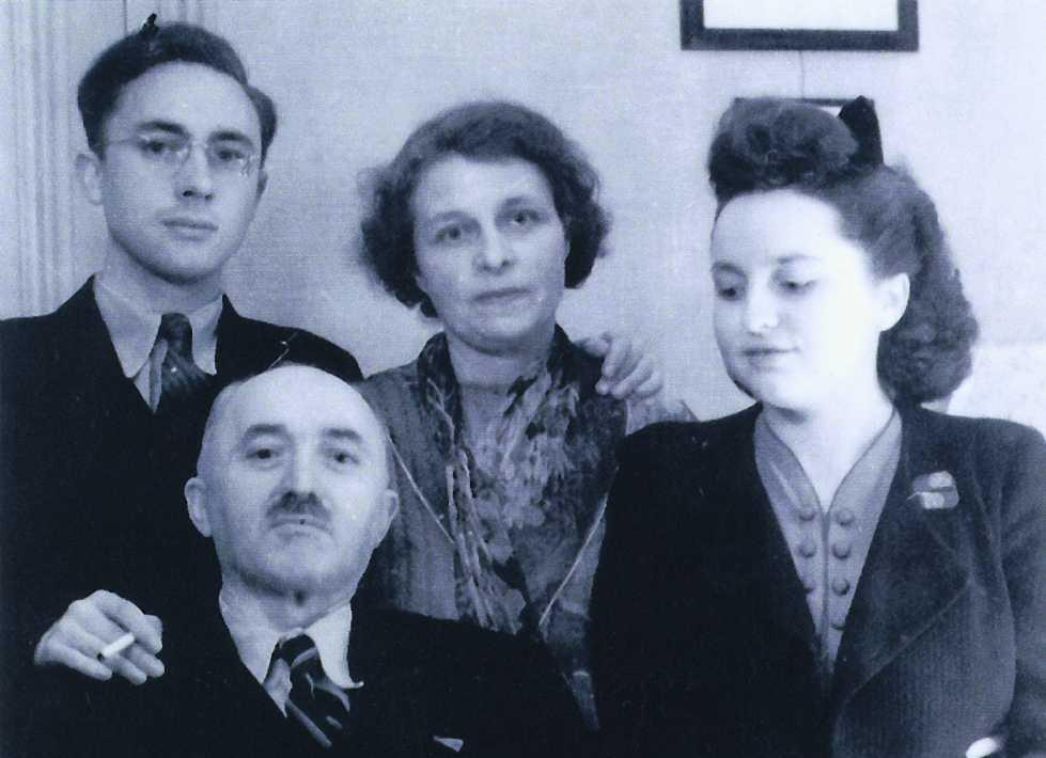Transcript
Narrator After the Wehrmacht invaded France, Jacqueline Marié decided to make a stand. At the age of nineteen, she joined the French résistance. In the area around Versailles and at the nearby Renault works, she distributed illegal newspapers published by the group “Défense de la France”. Her entire family supported the resistance. Jacqueline and her older brother Pierre carried out risky espionage operations together. She recalls:
Jacqueline Fleury “Owing to his [German] language skills and his connections, my brother learned, for example, that in one of the castles of Versailles, where the Germans had their offices, there were plans for Hitler’s ‘Atlantic Wall’. We swiped them and, along with three [female] comrades, drew copies of them in the back room of a little shop in Versailles. The drawings then went to London.”
Narrator The Gestapo arrested Jacqueline and her parents in February 1944. Her brother Pierre managed to go underground. The family was taken to the prison in Fresnes and tortured. In mid August, Jacqueline’s father was deported to the Buchenwald concentration camp and Jacqueline and her mother to the Ravensbrück camp. She reports:
Jacqueline Fleury “A very long train with cattle wagons was waiting for us at the station in Patin. We were put on board and locked in immediately upon our arrival. The heat slowly made its way through the wooden walls and became unbearable; it was harder and harder to bear the thirst. All we had was one large bucket of water, which was empty much too quickly.
When the train set off that night … we were already all quite exhausted. We could neither lie down nor could all of us sit in normal fashion. Several of us had been horribly tortured and were in great pain. We left one of the women who had undergone especially brutal torture a bit of space and leaned her against a corner of the wagon.”
Narrator After two weeks in the Ravensbrück concentration camp, Jacqueline Marié was put to work in the Buchenwald subcamp of Torgau cleaning unexploded ammunition in an acid bath. The protective clothing for this task consisted merely of a rubber apron; her hands and face were unprotected. Four weeks later, she and her mother were taken to the Abterode subcamp, where they were forced to work in aircraft engine production for the Bayerische Motorenwerke. To the extent possible, they tried to sabotage the production:
Jacqueline Fleury “My mother and I were assigned the task of testing the machine parts for proper functioning; every now and then we mixed the good ones with the bad.”
Narrator A short time later the SS transferred the two women to another subcamp, now in Markkleeberg. There they had to work in road construction, unloading coal wagons, and even in the forest. In early April the camp was cleared, and Jacqueline and her mother were forced to set out on a so-called “death march”. They managed to escape and were liberated near the border to Czechoslovakia. They returned to Paris at the end of May 1945.


